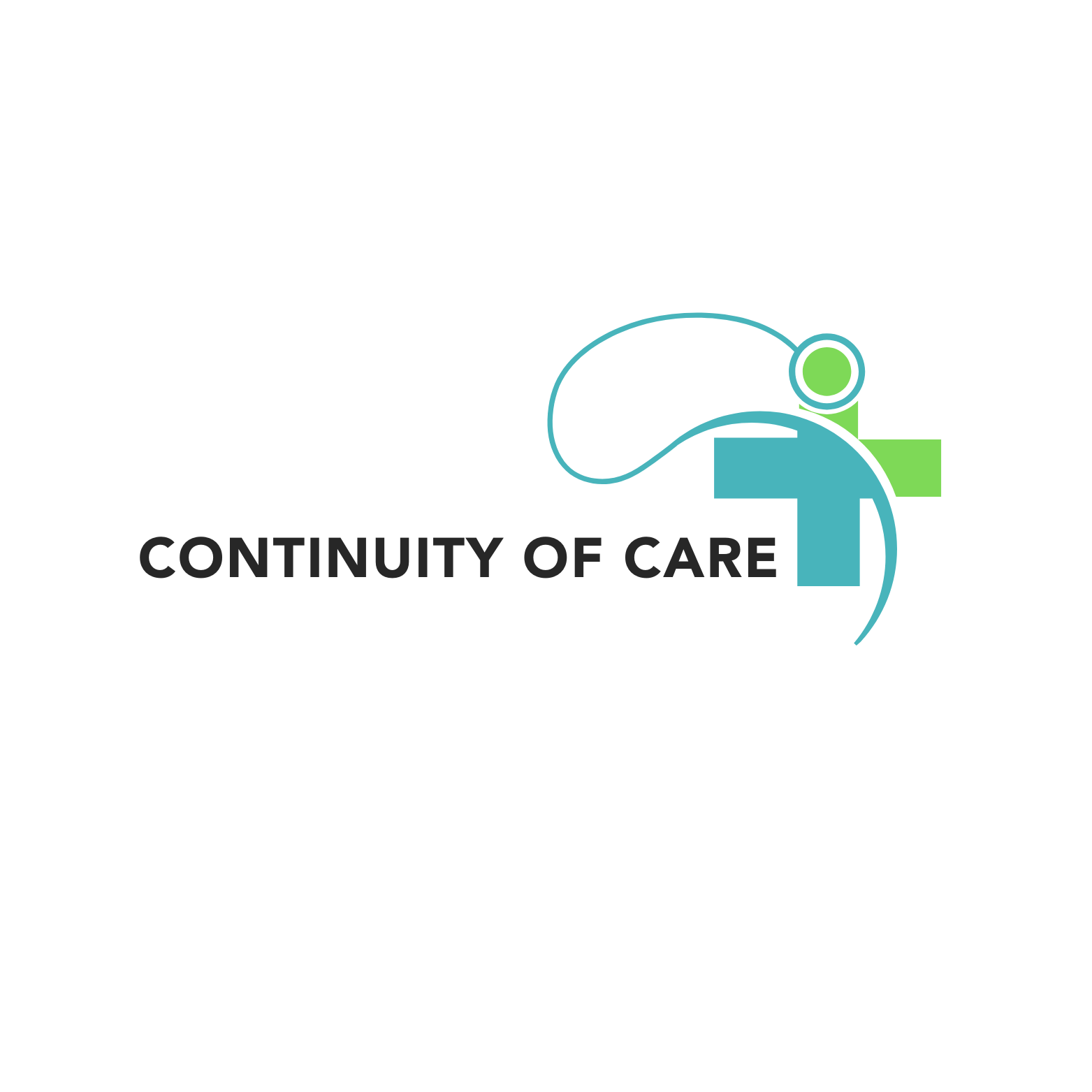What is Immunization, and Why is it Important?
A Shield Against Disease: The Importance of Immunization
Immunization, a cornerstone of modern medicine, has revolutionized our ability to combat infectious diseases. By stimulating the immune system to develop resistance against specific pathogens, immunization empowers our bodies to fight off illnesses that once ravaged communities.
Understanding Immunization: How Vaccines Work
Immunization involves the introduction of a weakened or inactive form of a disease-causing organism or its components into the body. This exposure triggers an immune response, prompting the body to produce antibodies that can recognize and neutralize the pathogen. When subsequently exposed to the actual disease, the immune system is prepared to swiftly fight it off, preventing illness or minimizing its severity.
A Global Health Triumph: The Impact of Immunization
Immunization has been a resounding success in preventing and controlling infectious diseases. Vaccines have eradicated diseases like smallpox and polio and have significantly reduced the prevalence of others, such as measles, mumps, and rubella. These achievements are a testament to the power of immunization in safeguarding public health.
Key Benefits of Immunization
- Disease Prevention: The most obvious benefit of immunization is preventing infectious diseases. Vaccines shield individuals from contracting potentially life-threatening illnesses, protecting both personal health and public wellbeing.
- Reduced Mortality: Immunization has saved countless lives by reducing mortality rates from infectious diseases. Children and adults alike are less likely to succumb to illnesses that were once considered inevitable.
- Outbreak Prevention: Immunization plays a crucial role in preventing outbreaks of infectious diseases. By maintaining high vaccination rates, communities create a “herd immunity” effect, making it difficult for diseases to spread.
- Protecting the Vulnerable: Immunization is particularly important for protecting vulnerable populations, such as infants, the elderly, and immunocompromised individuals. By immunizing the community, we can create a shield of protection around those at higher risk.
The Importance of Routine Immunization
Adherence to routine immunization schedules is essential for maintaining a strong shield of protection against infectious diseases. This typically involves receiving vaccinations at specific ages, ensuring that individuals are adequately protected throughout their lives.
Addressing Vaccine Concerns and Misinformation
Despite the overwhelming benefits of immunization, misinformation and fear surrounding vaccines continue to persist. It’s important to rely on credible sources of information, such as the World Health Organization and the Centers for Disease Control and Prevention (CDC), to dispel myths and understand the science behind immunization.
A Call to Action: Vaccinate for a Healthier Future
Immunization is a powerful tool for safeguarding public health and protecting future generations. By ensuring that everyone has access to vaccines and adhering to recommended immunization schedules, we can create a healthier world free from the scourge of preventable diseases. So, let’s embrace immunization and reap the rewards of a healthier, safer future for all.
